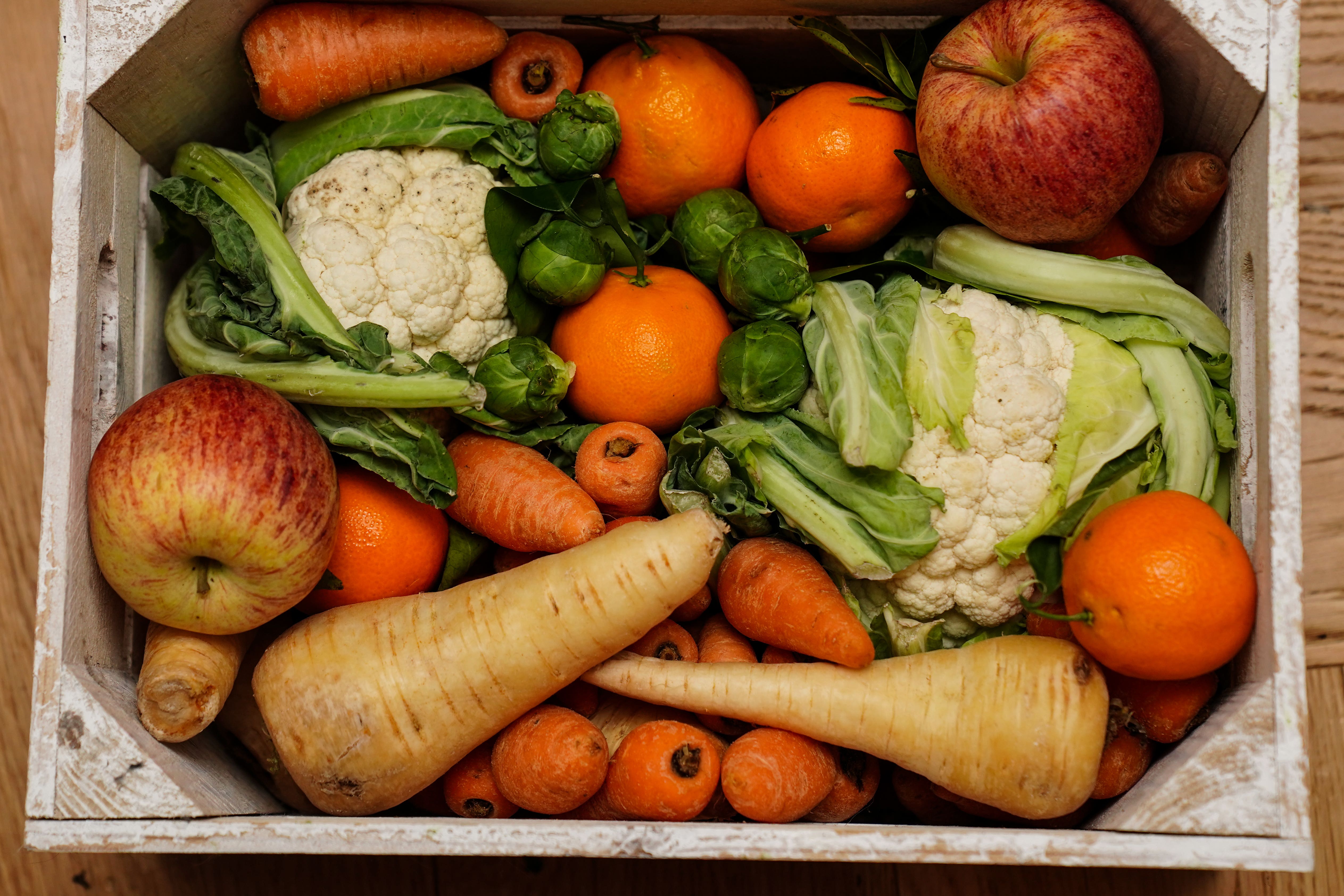From politics.co.uk
A new report from The Vegan Society, Veganism and Masculinity: Challenging Stereotypes and Embracing Change, has revealed that 41% of non-vegan men are either planning to go vegan or have some interest in going vegan, but concerns around the taste of vegan food, nutrition, and lack of support from family and friends are potential barriers to the lifestyle.
Previous research by The Vegan Society has shown that there is a gender imbalance within the vegan population and their new report aims to understand why this is. The report explores the views of both vegan and non-vegan men around veganism, seeks clarity on the barriers that prevent men from adopting a vegan diet and aims to better understand how these barriers can be overcome.
Research within the report shows that the most significant factors deterring men from a vegan lifestyle include taste, health, and nutrition concerns. Men also experience gender specific barriers due to the perceived link between meat eating and notions of what it means to be “masculine”. In addition to this, 47% of men who were interested in veganism said that they were concerned about unsupportive family and friends.
With over 80 billion land animals killed per year for food and evidence that a global shift to a vegan diet would see climate emissions decrease by 70%, it is imperative to try and break down the barriers that stop people trying a vegan diet and to tackle the misconceptions around taste and nutrition.
Outlining some of the steps that can be taken to encourage men to adopt a vegan lifestyle, The Vegan Society highlight the need to produce supportive resources, in particular, information on nutrition, recipe ideas and the evidence supporting veganism.
A sense of community is also essential, explain the society, and there needs to be a focus on opportunities for “transitioning vegans to make new connections and find supportive social circles”, with the research suggesting that many vegan men had an easier time going vegan when done with partners or with the help of supportive vegans and non-vegans.
The Vegan Society’s Research and Policy Officer, Alexander Huntley, commented on the findings of the research:
“We know that women are more likely to be vegan than men, but our recent research suggests that there are more men open to the idea of going vegan than previously thought. This finding highlights the importance of encouraging men, specifically, to adopt a vegan lifestyle and providing resources to help them overcome potential barriers.
The report calls attention to factors preventing men from adopting a vegan lifestyle, which gives us a great foundation of knowledge to support our work and inform our creation of resources that can tackle misconceptions around vegan food and help provide a sense of community for those considering veganism.
We encourage any men who are interested in veganism to visit our Vegan and Thriving pages which are full of information, advice and words directly from vegan men about their vegan journey and how their veganism relates to their masculinity.”

